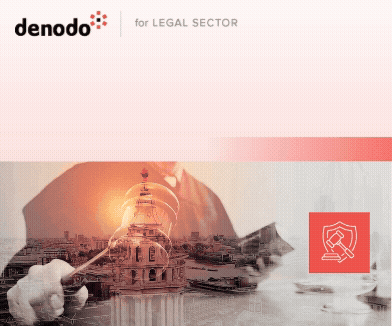At Legal IT Insider we have carried enough articles about the ‘uberisation of law’ – and all of the positive technological connotations that brings – that it is worth reflecting on today’s (22 September) decision by Transport for London not to renew Uber’s private hire operator licence.
Uber, always controversial, has been making the great strides it has because, in the very simplest terms, it is technology-led and as a result is often cheaper, more efficient and has long been eating its competitors lunch. We may have heard the same of NewLaw a few times.
Uber has been praised by the likes of respected legal technologist John Alber for its rating interface in the Uber app, which acts as a kind of currency, with the suggestion that BigLaw should take a leaf out of Uber’s books when it comes to that kind of granular feedback.
It has been referenced in relation to agile working by Alex McPherson, co-founder of Ignition Law, with McPherson asking in that context, “can lawyers learn from uberisation?”
And in a comment in 2015: The Implications of the Uberisation of Legal Services, George Beaton warned that uberisation risked creating uncertainty, had the potential to upend the status quo, but observed: “The implications of the Uberisation of legal services are far-reaching and have the potential to be very positive provided all stakeholders engage and contribute.”
All of those observations still hold out as true. But today, TFL concluded that Uber London Limited is not fit and proper to hold a private hire operator licence on the basis that its “approach and conduct demonstrate a lack of corporate responsibility in relation to a number of issues which have potential public safety and security implications.”
These issues include its approach to reporting serious criminal offences, how medical certificates are obtained, how DBS checks are obtained and its approach to explaining the use of Greyball in London – software that could be used to block regulatory bodies from gaining full access to the app and prevent officials from undertaking regulatory or law enforcement duties.
Uber, which plans to appeal and has already instructed Hogan Lovells to do so, is an extreme case and it is hard to imagine quite such a situation arising in the uber-conservative (pun intended) and still highly regulated legal profession.
But true innovation often means sailing close to the wind and the decision by TFL provides us with another salutary reminder.
Whether you’re an established player seeking to keep the competition at bay, or a NewLaw entrant attempting to eat that lunch, at the heart of the race to be cheaper, faster, more efficient and gain a competitive edge, corporate responsibility must never take second place.










